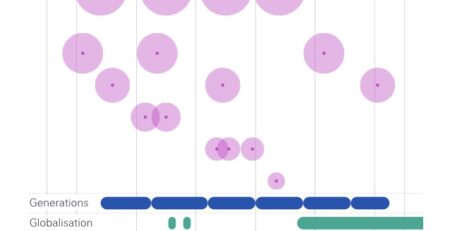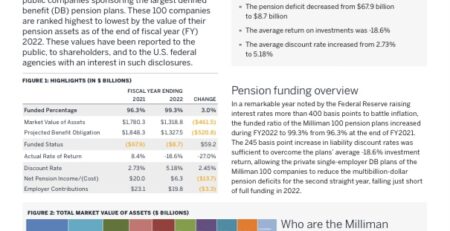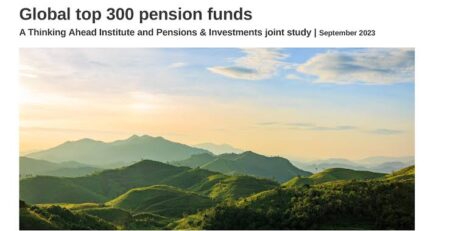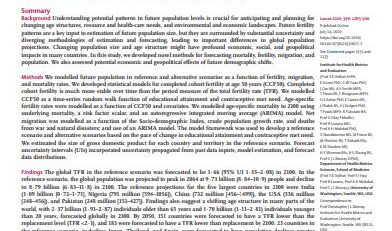Melbourne Mercer Global Pension Index 2017
By Yianni Katiforis
As the social and economic effects of population ageing grow, nations’ capacities to effectively provide financial security in retirement become progressively more critical. A public measure of this readiness, the MMGPI’s global profile has also increased steadily since its inception in 2009. This year, the 9th edition of the report assessed the retirement income systems of 30 nations across six continents, covering more than half of the global population.
Despite retaining its third-place ranking behind Denmark and The Netherlands, Australia sustained a slight drop in the rating of its pension system in 2017, for the third consecutive year. This minor slip was the result of a reduction in the household savings rate, and the inclusion of a new question in the sustainability sub-index. This question measured countries’ real economic growth, and resulted in the ‘sustainability’ rating of a number of the more developed nations falling. These included first- and second-placed Denmark and The Netherlands which both lost their A-grade ratings for the first time, despite having significant pension assets and high mandatory contribution rates. Increasing the Superannuation Guarantee to the proposed 12% and introducing retirement income stream products could improve the ‘adequacy’, and overall rating, of Australia’s pension system.
It was also noted that lessons could be learnt from New Zealand, which achieves high levels of labour force participation at older ages – 43% of people aged 65-69 are employed. If Australia wants to attain similar outcomes, it will need to invest in the health and (re)training of older workers. Employers will also need strategies to manage their ageing workforces. New Zealand’s and Australia’s pension systems also face common challenges, including the disadvantages faced by gig-economy workers. In both countries, a rising proportion of workers are self-employed and do not contribute to their superannuation which risks their retirement outcomes.
Consult the full report










